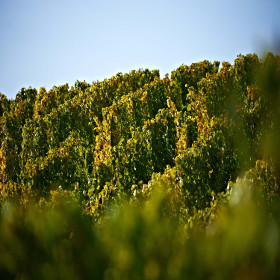Winery Klosterhof Lösch
"Wine enjoyment. Culinary. Joie de vivre "Under this motto, wine grower family Lösch in Klosterhof offers numerous opportunities to discover the wines and the region: Bring your friends and enjoy the wine where it grows, learn about the wines, the region and the people behind. The over 400 ha vineyard "Abenheimer Klausenberg" offer plenty of space for exciting encounters: Blauer Silvaner, Gelber Muskateller or Gewürztraminer Winzersekt are just a few of our wines to enjoy. In addition, the fragrant herb garden or the sculpture trail through the vineyards on the Klausenberg is waiting to awaken all other senses. In addition to our wine and sparkling wine offer and the events, we also like to create a personal program for you and your friends, guests or business partners. This way, the day in Wonnegau remains an unforgettable experience! We are looking forward to seeing you there. Best regards, Christoph Lösch Winzermeister / herbal and garden guide












